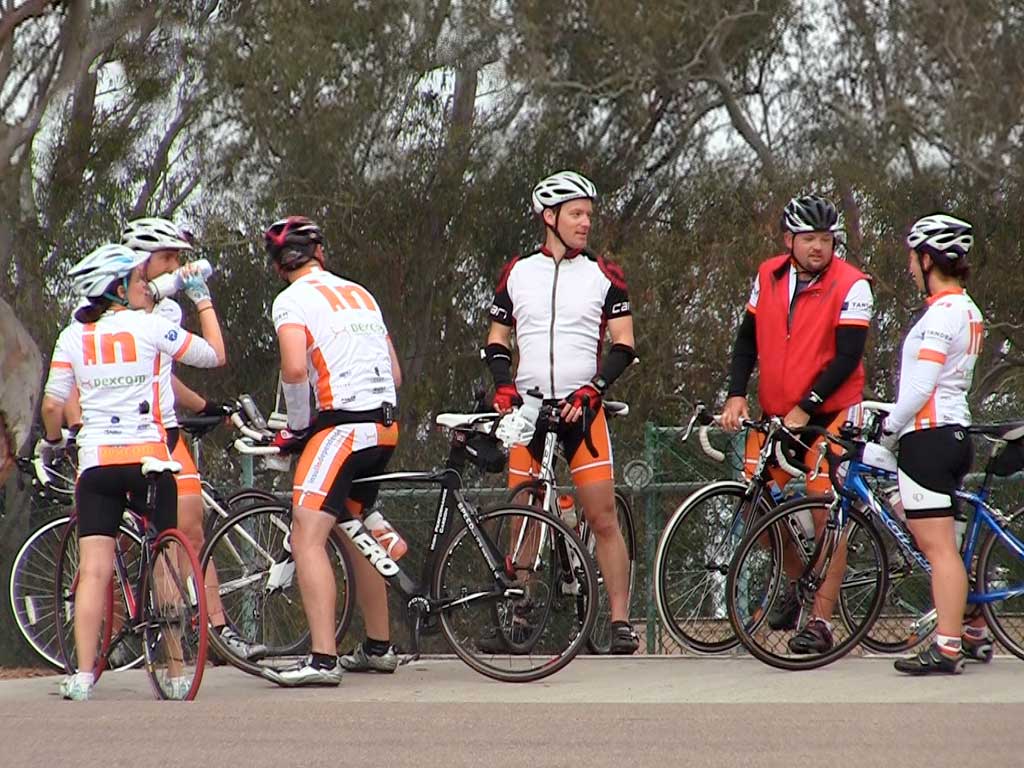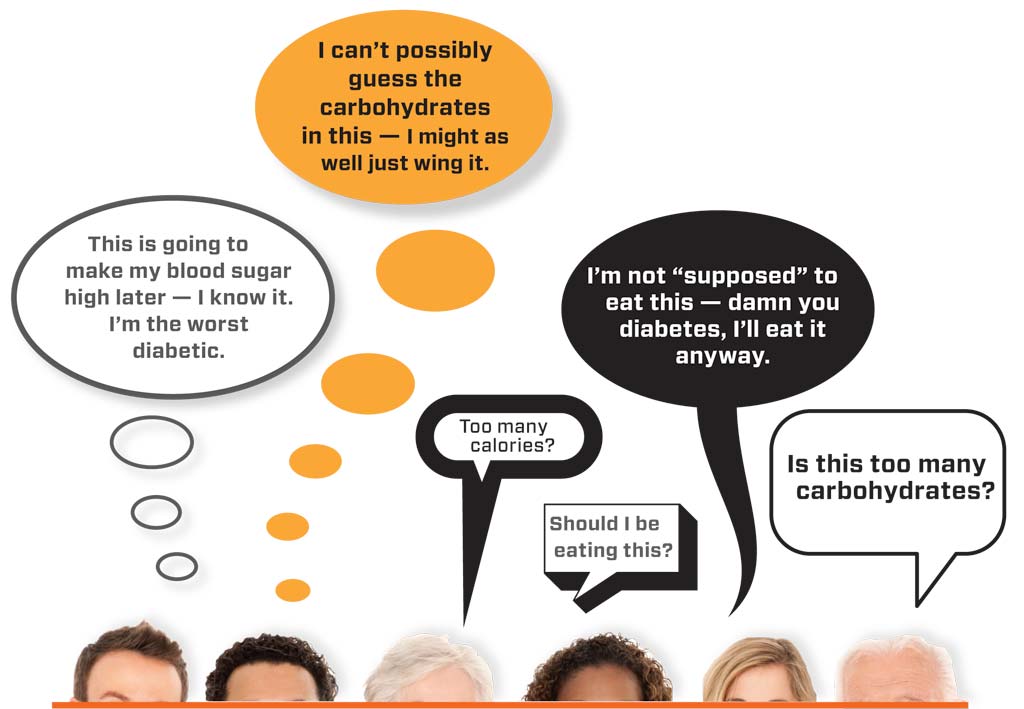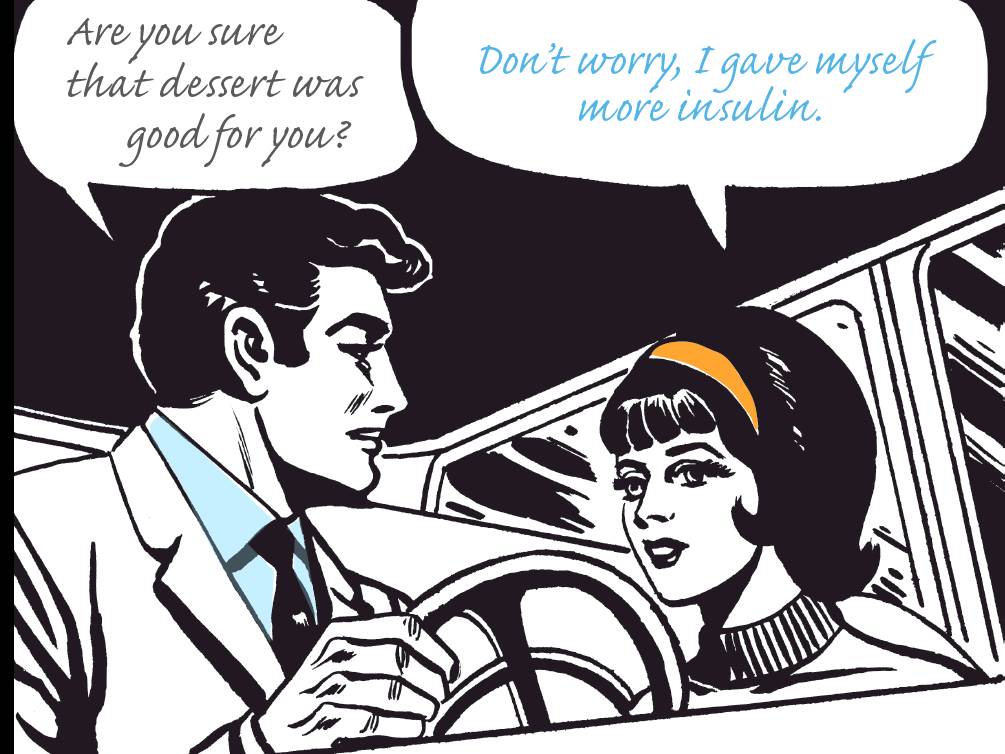Diabetes Sick Day Management: 5 Things You Should Do
Do you know how to properly manage your T1D while you’re sick? Being prepared before illness strikes helps recovery and avoids emergencies.

No one wants to think about being sick. But if you have type 1 diabetes, planning ahead for your sick days could be the difference between suffering through them like everyone else or ending up in the hospital.
There are a lot of special concerns diabetics need to be aware of anytime their body is battling an infection. Even the common cold can wreak havoc on blood sugars and cause ketone production. To avoid these issues and the long and short term consequences that come with them, prepare yourself with these sick day management tips.
1: Check Ketones Regularly
Every diabetic knows that high blood sugars increase the risk of throwing ketones, but did you know that illness and infection can also cause ketones production, even when blood sugars are only moderately elevated?
The hormones that activate ketogenesis when insulin levels are low and blood sugars are skyrocketing are the same ones that can be triggered when your body is fighting an infection. In order to increase the energy available to your overstressed system, your body may start producing ketones even if glucose and insulin levels are normal.
So while your blood sugar levels may only show as slightly elevated, you could still be throwing ketones. If left unchecked for too long, this condition could quickly escalate into diabetic ketoacidosis or DKA.
If you’re sick, you should be checking your ketones every four to six hours. If your blood sugars rise, you may need to check more often. If ketones are present, you should increase your basal insulin slightly or take a correction dose if your blood sugar is also elevated. If your blood sugar is only slightly elevated, you may need to eat something with carbs so you can take a solid dose of insulin. Increasing the amount of insulin in your system should help decrease ketone production.
2: Check Your Blood Sugars Frequently
Checking your blood sugar more frequently on sick days is a no-brainer, but it’s something that’s easy to forget when you don’t feel well or you’re sleeping more than usual.
The same mechanisms that increase ketone production can also cause insulin resistance during illness. So even if you are taking your insulin consistently and not eating much, your blood sugars still might rise unexpectedly.
But, if you’re vomiting or have diarrhea, your blood sugars are just as likely to drop. This is especially true if you already bolused for the meal you just lost.
Checking your blood sugars every couple hours will allow you to adjust your insulin as needed to avoid the blood sugar rollercoaster that often accompanies illness.
3: Drink Plenty of Fluids
Staying hydrated is important advice for anyone who’s come down with a bug, but it’s vitally important for diabetics. Not only will dehydration intensify rising blood sugar levels, but it can also expedite the onset of DKA.
Make sure you are prepared with a good supply of both sugary and sugar-free beverages.
Drink plenty of water and other sugar-free liquids like broth throughout the day. If your blood sugar starts to tank, switch to a sugary drink like juice to help raise it back to normal levels. If you are throwing small amounts of ketones, drinking something sugary will allow you to take insulin to combat them. This is especially helpful if you aren’t hungry or are struggling to keep down solid food.
4: Continue Taking Your Insulin
If you are battling a sour stomach, skipping your insulin may seem like a good idea. After all, skipping meals normally leads to low blood sugars. But it’s important to remember that blood sugars react differently when you’re sick. And if your body lacks insulin to utilize glucose, then it will rely on ketone production to supply it with energy.
To combat this natural process, make sure to continue to take your normal basal insulin dose, even if you aren’t eating much. You may even need to increase it slightly to counteract elevated blood sugars.
If you are eating, bolus as normal. If not, you still may need to correct with fast-acting insulin if your blood sugar rises. If you are throwing ketones, you may need to take additional insulin to combat this effect. This a good thing to discuss with your doctor before you get sick.
5: Create a Contingency Plan With Your Doctor
Exactly how much you should raise your correction dose in response to ketones or adjust your basal rate while you’re sick will depend on your individual needs, so it’s a great idea to discuss these things with your doctor ahead of time.
You’ll also want to talk to your endocrinologist about your contingency plan. What should you do if you get a positive ketone reading? How high does the reading need to be before you call them? How high before you go to the hospital? What should you do if your blood sugars won’t come down? Or if they won’t come up?
These are all questions you should discuss with your doc ahead of time. Writing down the answers and keeping them with the rest of your sick day supplies is a great idea.
Plan Ahead for Success
In the end, what determines how miserable your next sick day will be, depends largely on how well prepared you are today. Putting together a sick day kit with sugary and sugar-free drinks and snacks, diabetic-friendly cough syrups and lozenges, and anti-nausea suppositories is a great idea.
Understanding the things you need to do to stay healthy as a person with T1D, even when you’re sick, is key to getting through your illness without the added burden of DKA and rollercoaster blood sugars.







